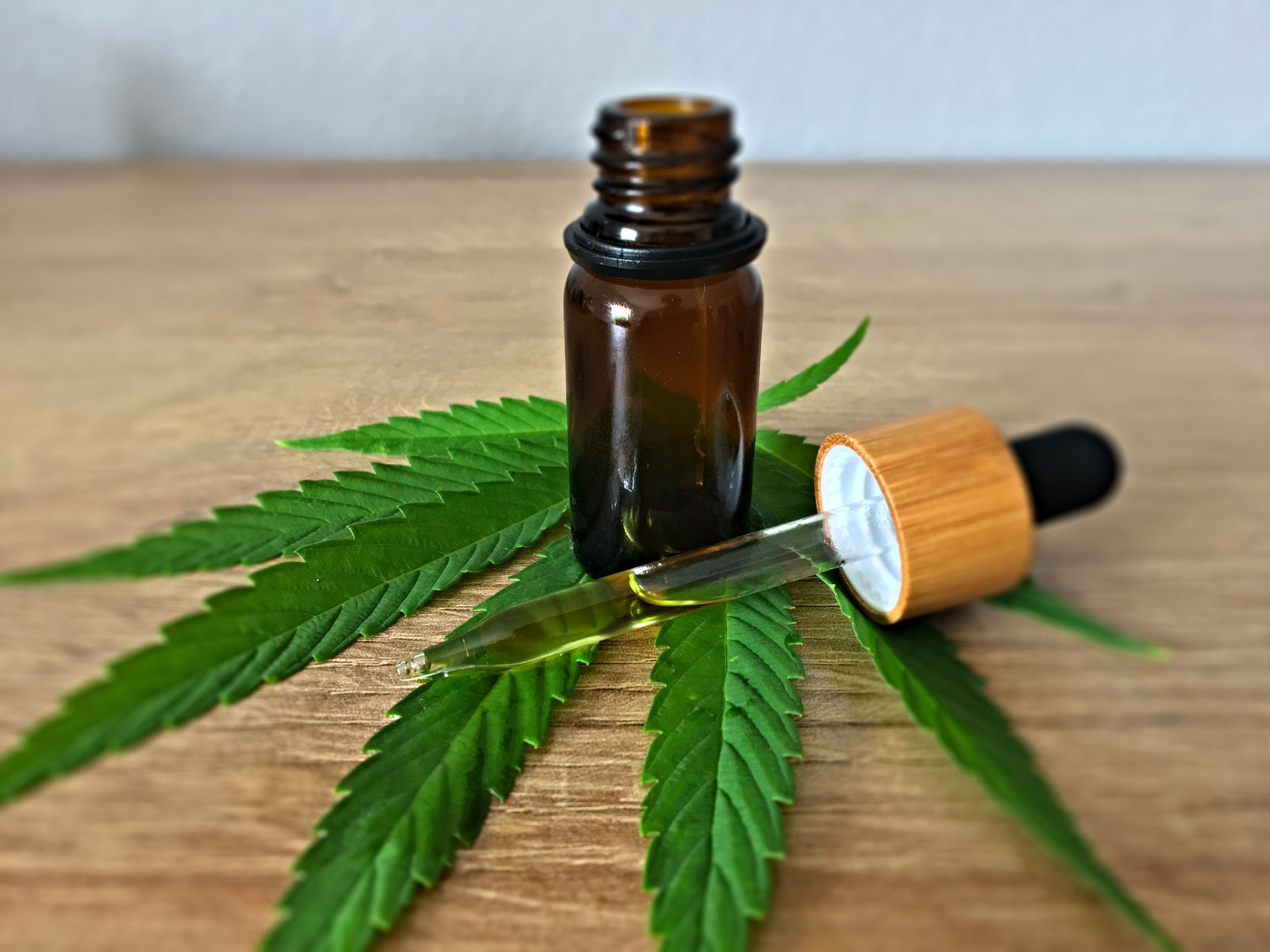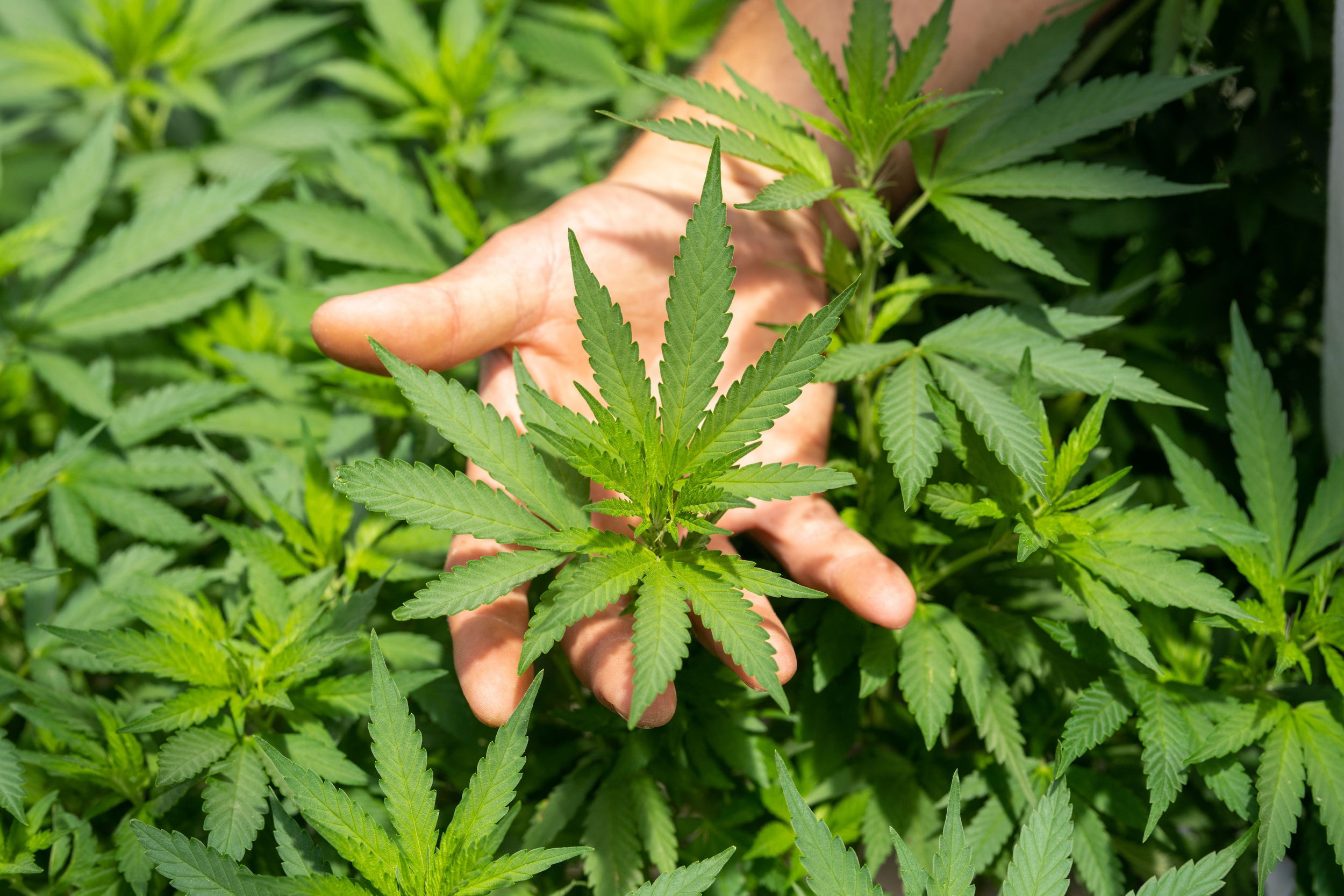Unlocking Wellness: Health Benefits of CBD Oil
In recent years, cannabidiol, commonly known as CBD, has gained significant attention for its potential health benefits. Derived from the cannabis plant, CBD is a non-psychoactive compound that is believed to have a wide range of therapeutic properties. From managing chronic pain to reducing anxiety, CBD oil has been studied for its positive effects on various aspects of health and wellness. In this article, we explore the potential health benefits of CBD oil and delve into the scientific research behind its use.
Understanding CBD Oil
CBD oil is a natural extract obtained from the cannabis plant. Unlike its counterpart, tetrahydrocannabinol (THC), CBD does not produce the "high" commonly associated with marijuana use. Instead, it interacts with the body's endocannabinoid system, which plays a role in regulating various physiological processes.

Potential Health Benefits
Pain Management
Numerous studies suggest that CBD may have analgesic properties, making it a potential option for managing chronic pain conditions such as arthritis, multiple sclerosis, and neuropathic pain.
Anxiety and Stress Reduction
CBD has shown promise in reducing anxiety and stress by affecting the brain's receptors that regulate mood and social behavior. It is being explored as a natural alternative for anxiety disorders and general stress relief.
Sleep Improvement
CBD may promote better sleep by addressing underlying causes of sleep disturbances, such as anxiety and pain. Its calming effects could potentially aid in achieving restful sleep.
Anti-Inflammatory Effects
Inflammation is a common factor in various health issues, from autoimmune diseases to chronic pain. CBD's anti-inflammatory properties have led to investigations into its potential for managing conditions like rheumatoid arthritis.
Epilepsy Treatment
One of the most researched areas of CBD's benefits is in the treatment of epilepsy, particularly certain forms of drug-resistant epilepsy in children. The FDA has approved a CBD-based medication for this purpose.
Neuroprotective Effects
CBD's interaction with the endocannabinoid system and other signaling pathways in the brain has sparked interest in its potential neuroprotective effects, which could have implications for neurodegenerative diseases like Alzheimer's and Parkinson's.
Scientific Research and Studies
- National Institutes of Health (NIH). (2021). Cannabidiol (CBD) — what we know and what we don’t. https://www.ncbi.nlm.nih.gov/pmc/articles/PMC6334252/
- Mayo Clinic. (2021). CBD: Safe and effective?. https://www.mayoclinic.org/healthy-lifestyle/consumer-health/expert-answers/is-cbd-safe-and-effective/faq-20446700
Understanding Dosage and Safety
While CBD holds promise, it's important to approach its use with caution:
- Consult a Professional: Before using CBD oil, consult a healthcare professional, especially if you are currently on medication or have underlying health conditions.
- Dosage: CBD dosages can vary based on factors such as the individual's weight, the condition being treated, and the concentration of the CBD product.
- Quality and Source: Choose reputable brands that provide third-party lab testing to ensure the quality and potency of their products.

Conclusion
As the interest in natural health alternatives grows, CBD oil has emerged as a potential option for a variety of health concerns. While research is still ongoing and regulations vary, many individuals have reported positive effects from its use. As with any health decision, it's important to consult a healthcare professional, do thorough research, and prioritize safety when considering CBD oil as part of your wellness journey.
Sources of Insight:
- Harvard Health Publishing. (2021). Cannabidiol (CBD) — what we know and what we don’t. https://www.health.harvard.edu/blog/cannabidiol-cbd-what-we-know-and-what-we-dont-2018082414476
- Mayo Clinic. (2021). What are the benefits of CBD — and is it safe to use?. https://www.mayoclinic.org/healthy-lifestyle/consumer-health/expert-answers/is-cbd-safe-and-effective/faq-20446700
- National Center for Complementary and Integrative Health (NCCIH). (2021). Cannabis (Marijuana) and Cannabinoids: What You Need To Know. https://www.nccih.nih.gov/health/cannabis-marijuana-and-cannabinoids-what-you-need-to-know